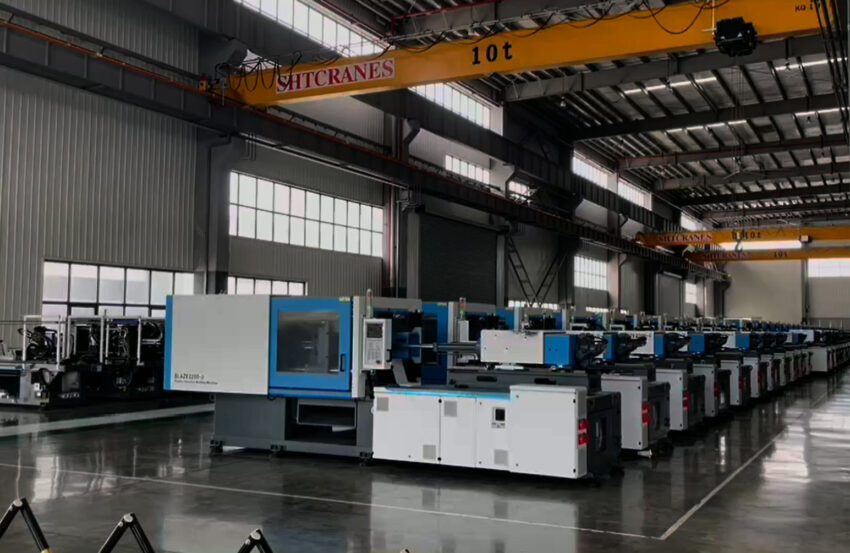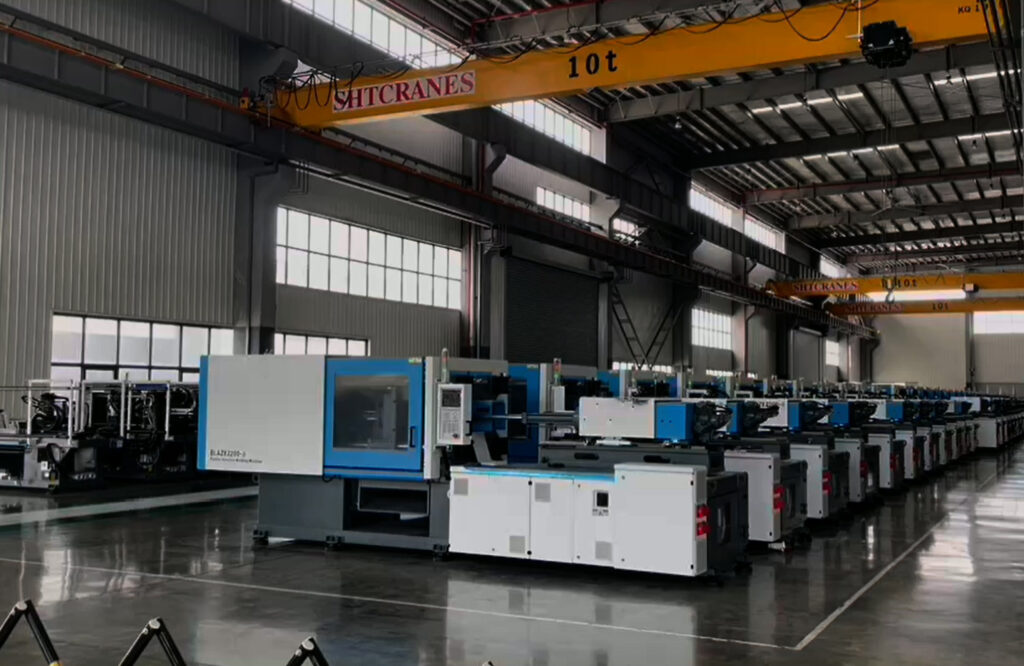Sanitary production control strategy of injection molding machine in food and beverage packaging

Injection molding machines play a vital role in the food and beverage packaging industry, where they are used to produce a variety of plastic containers, bottle caps and packaging components. Since these products come into direct or indirect contact with food, hygienic control of the injection molding process is particularly important to ensure consumer safety and compliance with strict food safety standards. We will discuss how to ensure the safety and hygiene of food and beverage packaging through the hygienic production control of injection molding machines.

1、Selection and maintenance of injection molding machine
Choosing an injection molding machine specifically designed for food-grade applications is the first step in ensuring hygienic production. These machines typically feature stainless steel construction and an easy-to-clean design to reduce the buildup of bacteria and contaminants. Regular maintenance and inspections are necessary to ensure that the machine is in optimal working condition and that there is no wear or damage that could lead to contamination.
2、Quality control of raw materials
The use of food-grade raw materials is essential to producing safe packaging. Raw materials shall comply with the requirements of the FDA (US Food and Drug Administration) or other relevant food safety standards. The supplier must provide the corresponding qualification certificate and test report to ensure that the raw materials are free of harmful substances.
3、Cleaning and disinfection procedures
Establishing strict cleaning and disinfection procedures is key to preventing microbial contamination. This includes regular cleaning and disinfection of injection molding machines, as well as cleaning operations during the production process. Use food grade cleaners and disinfectants and ensure that operators understand and follow cleaning protocols.
4、Air and environmental control
Air and environmental control in the injection molding plant is equally important to prevent pollution. A certain positive pressure difference should be maintained to prevent external pollutants from entering the production area. In addition, the control of temperature and humidity also helps to reduce the risk of microbial growth.
5、Operator training and management
Operators must be trained in food safety and personal hygiene. They should understand how to operate the injection molding machine without contaminating the product, and perform proper personal cleaning before and after work.
6、Quality control and traceability system
Implementing a quality control system, such as HACCP (Hazard Analysis and Critical Control Point) or ISO 22000, can help identify and control potential hazards in the production process. At the same time, establishing an effective traceability system ensures that affected product batches are quickly located in the event of a problem.
7、Packaging and storage
The packaging materials produced should be cleaned, dried and properly packed immediately to prevent contamination during storage and transportation. The storage area should be kept clean, dry and free of hazardous materials.
8、Conclusion
Injection molding machines play a central role in the production of food and beverage packaging, so their hygienic production control is essential to safeguard the health of consumers. Health risks in the production process can be effectively controlled by selecting the right equipment, controlling the quality of raw materials, implementing strict cleaning and disinfection procedures, managing the air and environment, training operators, monitoring quality and establishing traceability systems, and ensuring hygienic packaging and storage. Following these strategies can not only protect the health of consumers, but also enhance the market competitiveness and brand reputation of enterprises.


